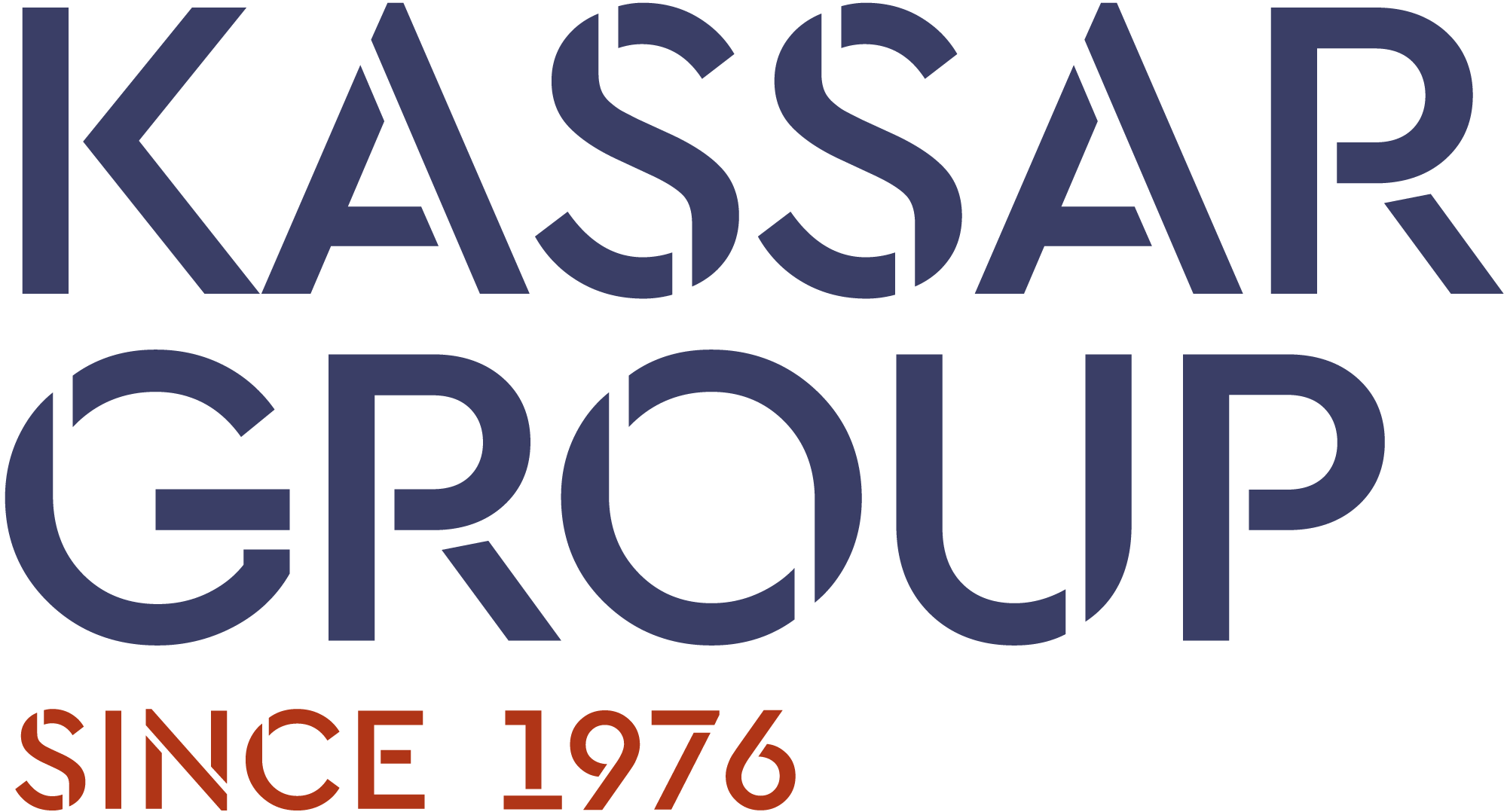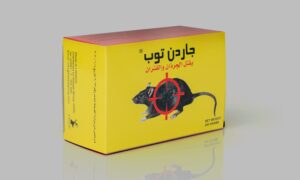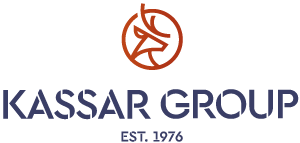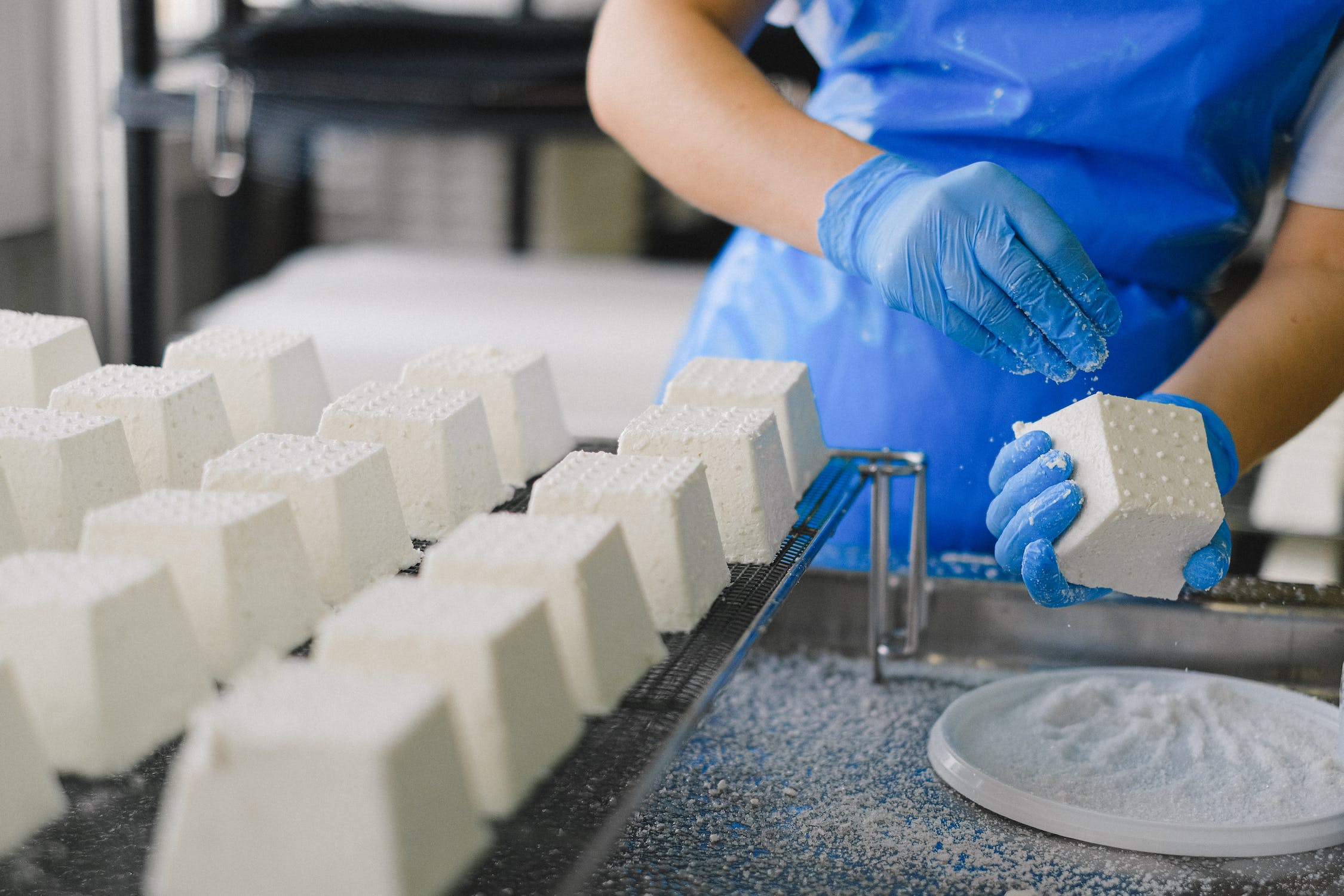
Critical Pest Management in the Food Industry
Overview on the Role of Pest Control
The food manufacturing industry is one of the most critical and regulated industries globally, and for good reason. The safety of the food that we consume is of utmost importance, and any contamination or exposure to harmful substances caused by pests can lead to serious health consequences.
Pest management is a crucial aspect in guaranteeing that the food we consume is safe and free of contaminants. From keeping pests from entering food processing facilities to monitoring and regulating their presence, the significance of pest management in the food manufacturing industry cannot be overemphasized. This article aims to provide an in-depth understanding of the importance of pest management in the food manufacturing industry and the various strategies that can be employed to effectively manage pests and ensure food safety.
The Importance of Pest Management
The food manufacturing industry produces and distributes a significant portion of our food. The quality and safety of the food produced by this industry play a crucial role in maintaining public health and hygiene. Unfortunately, food processing facilities can be susceptible to pest infestations, resulting in significant health and safety risks.
The role of pest management in the food manufacturing industry is to prevent and control pest infestations, thereby ensuring that food products are safe and free from contamination; one measure is the implementation of efficient pest management practices.
Crawling insects and pests like rodents, flies, and birds can cause widespread contamination of food products, packaging, and equipment through their saliva, urine, and droppings. A single infestation can spread diseases, cause significant financial losses to the industry, and threaten public health.
To avoid these dangers, the food manufacturing industry must adopt comprehensive pest management programs to prevent, control and eradicate pests. This can be achieved through various means, including pesticides such as Rodenticide or Cypermethrin, exclusion methods, monitoring and detection systems, and regular inspections by pest control specialists or manufacturers. The program should also incorporate strict monitoring and record-keeping procedures to assess the success of the pest management strategies.
In other words, this pest management program is crucial for the food manufacturing industry because it ensures that food products are safe for consumption, helps maintain the industry’s reputation, and protects the public’s trust in the food supply. Using pesticides, combined with effective monitoring and control methods, can help prevent pest infestations and reduce the risk of contamination.
On the other hand, a pest control company or manufacturer can provide expert advice and guidance on the most effective pest management strategies for the food manufacturing industry. By working together, the food manufacturing industry and pest control companies can help ensure that our food is safe and free from contamination.
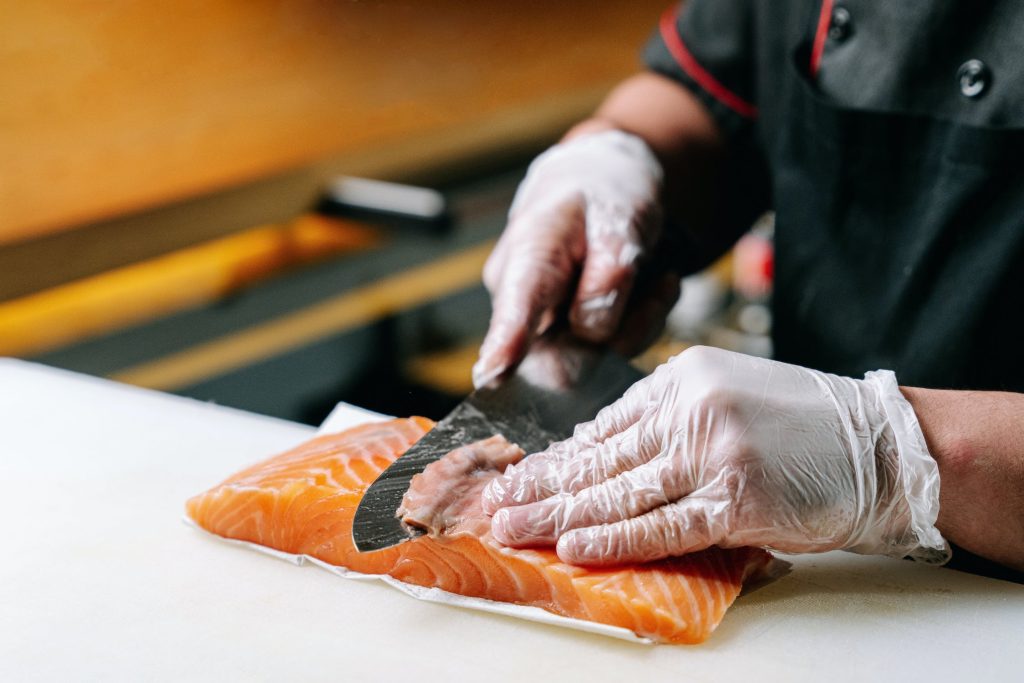
Strategies of Effective Pest Control
The following strategies can be employed to achieve effective pest management in this industry:
1. Prevention And Exclusion Methods
This can be achieved through proper sanitation, hygiene practices, and physical barriers such as screens, door sweeps, and sealing cracks and crevices. Additionally, properly storing and handling food products and waste can play a pivotal role in deterring pest infestations. These preventive measures are crucial in safeguarding the quality and safety of food products, thereby maintaining public health and hygiene.
2. Monitoring And Detection Methods
Regular monitoring and detection can be achieved through visual inspections, glue boards, pheromone traps, and other monitoring devices. Effective monitoring of facilities, food, and equipment is vital to detecting and preventing pest contamination. Timely identification of pest activity ensures food safety and quality, reducing the risk of widespread contamination and protecting public health.
3. Treatment And Control Methods
Once an infestation has been identified, treatment and control methods can be employed to eliminate pests and prevent future infestations. This can be achieved through pesticides, baits, and other control methods. The use of pesticides should be carefully monitored and applied by a pest control company or manufacturer to ensure that they are used safely and effectively.
4. Documentation And Record Keeping
Keeping accurate and detailed records of pest activity and control methods can be used to track progress, identify trends, and determine the effectiveness of pest management strategies. In the UAE and Lebanon, proper documentation and record keeping of pest management practices are vital for demonstrating compliance with food safety regulations and providing a record for regulatory agencies. This documentation indicates the food manufacturing industry’s efforts to control and prevent pest infestations, promoting a safe and hygienic food supply for consumers in the UAE and Lebanon.
Pest Control Challenges
Conclusion
The role of pest management in the food manufacturing industry is indispensable. Effective pest management is not just important, and it is critical in fulfilling the industry’s responsibility to provide consumers with safe, high-quality food products they can trust.
The food manufacturing industry has a role in protecting consumers’ health, maintaining its reputation, and adhering to legal mandates. By tackling pest management challenges head-on, food manufacturers can minimize the financial impact of pest infestations, reduce the risk of product recalls, and optimize operational efficiency.
Investing in effective pest management programs is a smart business decision that can have a lasting positive impact, reducing the risk of pest-related problems and establishing a solid reputation for providing safe and high-quality food products.
In summary, pest management is a vital component of the food manufacturing industry and must be taken seriously to ensure the continued success of the industry and the satisfaction of consumers.
